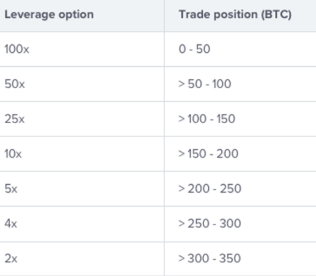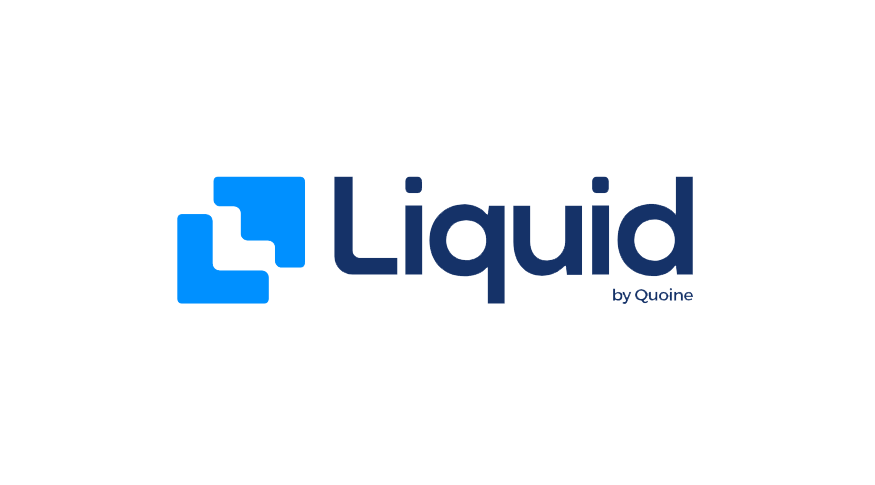Quoine, the digital asset exchange company headquartered in Japan with offices in Singapore and Vietnam, has announced an add-on to their Liquid trading service with the launch of Liquid Infinity, users can now trade with up to 100x leverage when trading bitcoin. Liquid also confirmed the first close of ongoing Series C funding.
The latest round of funding was led by investment firm IDG Capital, with participation from Bitmain Technologies. Proceeds from the ongoing Series C funding will be used to fuel global expansion, product development of the core trading exchange business and entering into the security token market.
Liquid has previously raised more than USD $20 million from venture funding, which includes leading Japanese investment firms JAFCO, SBI, B Dash Ventures, Mistletoe, and ULS Group. In 2017, Liquid raised more than USD $100m in a pre-discounted ICO raise, which was the first regulated ICO to be done in Japan.
“As we enter into a new age of digital disruption in financial services, consumers are increasingly placing a higher value on digital assets and technologies they can trust and use with greater ease. Our vision is to make financial services accessible to all, which means bringing more people into the digital asset space so that anyone can be a part of it. This first round of Series C funding from our two highly respected investors, IDG Capital and Bitmain, puts us in an incredibly strong position to make a global impact in 2019.”
Liquid Infinity Highlights
- BTC/USD and BTC/JPY are available right now on Liquid Infinity.
- Traders can use crypto or fiat as collateral, from BTC, ETH, XRP, QASH, USD, JPY, EUR, SGD, AUD, GUSD, USDC.
- Fees are just 0.05% for both opening and closing a position when fees are paid with native platform token’s QASH/LQC.
Liquid is one of few exchanges to offer cross margin, so user margin is shared between positions and backed by an entire wallet balance, reducing the risk of liquidation. Unlike margin trading, Liquid Infinity is contract-for-difference (CFD) trading, which is based on the price change of an asset, without users ever needing to actually own the underlying asset.
The maximum leverage users can select depends on position size:























